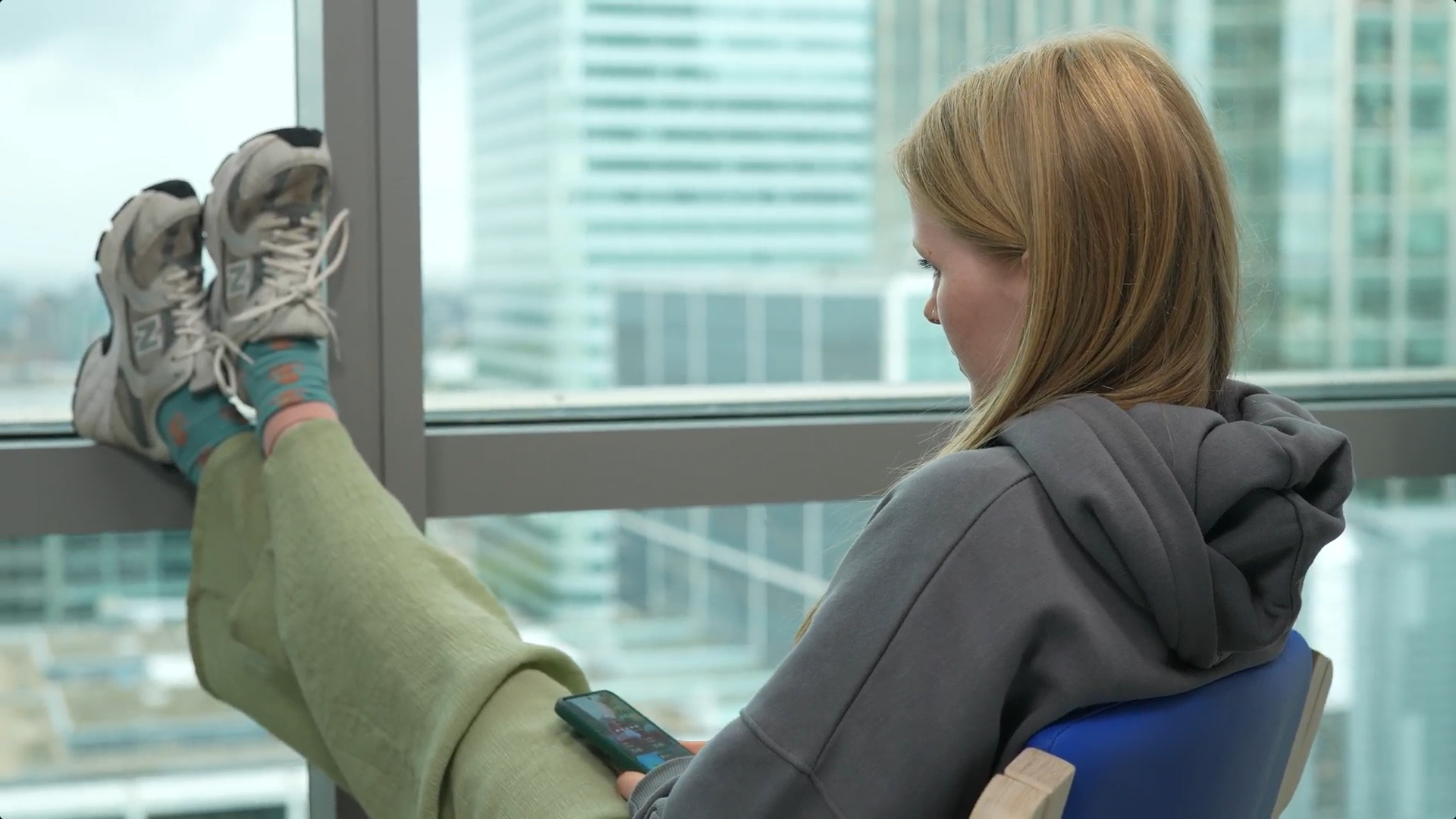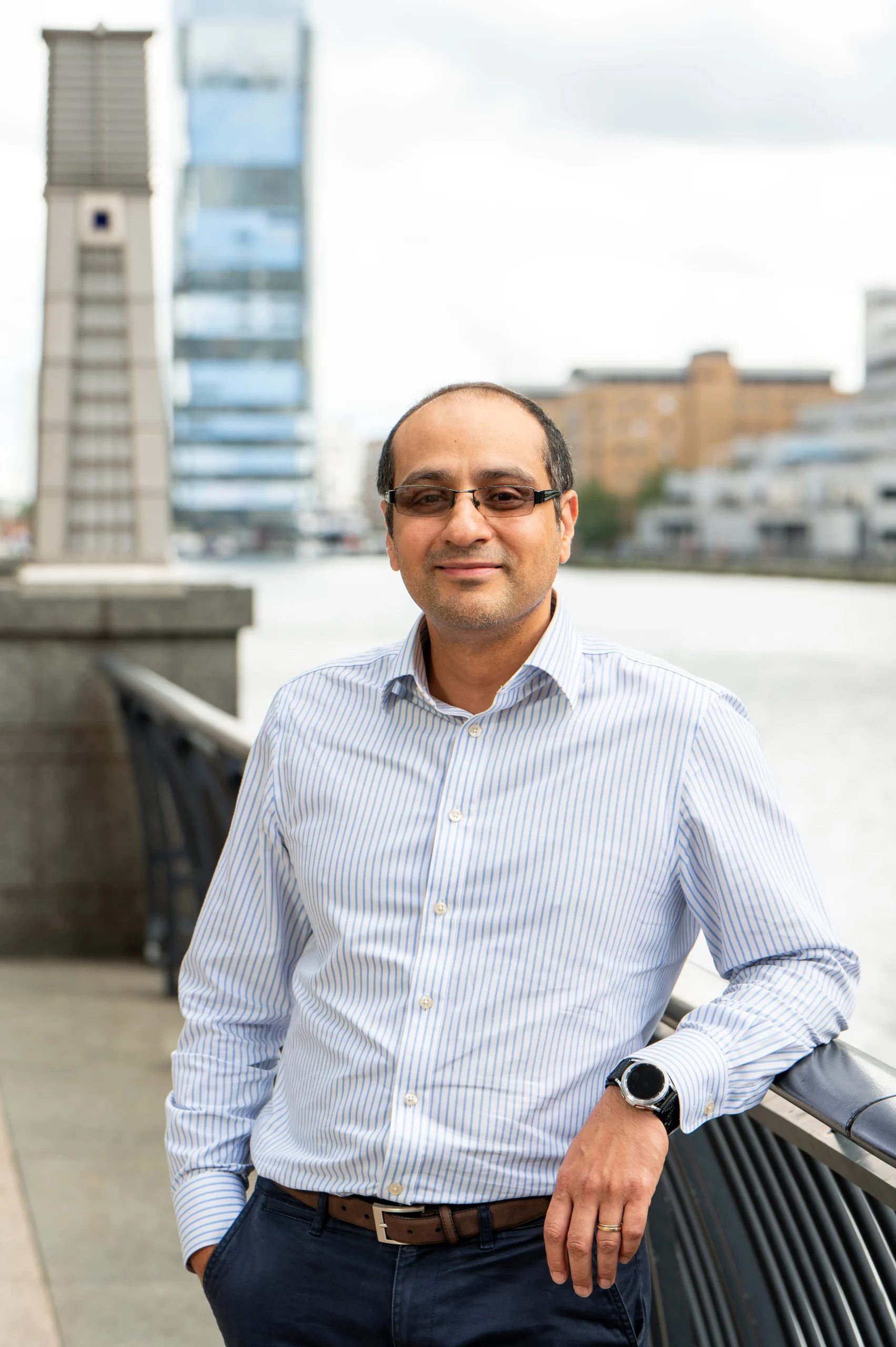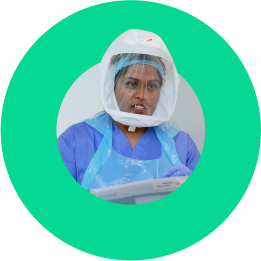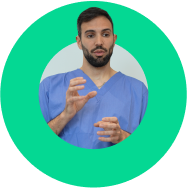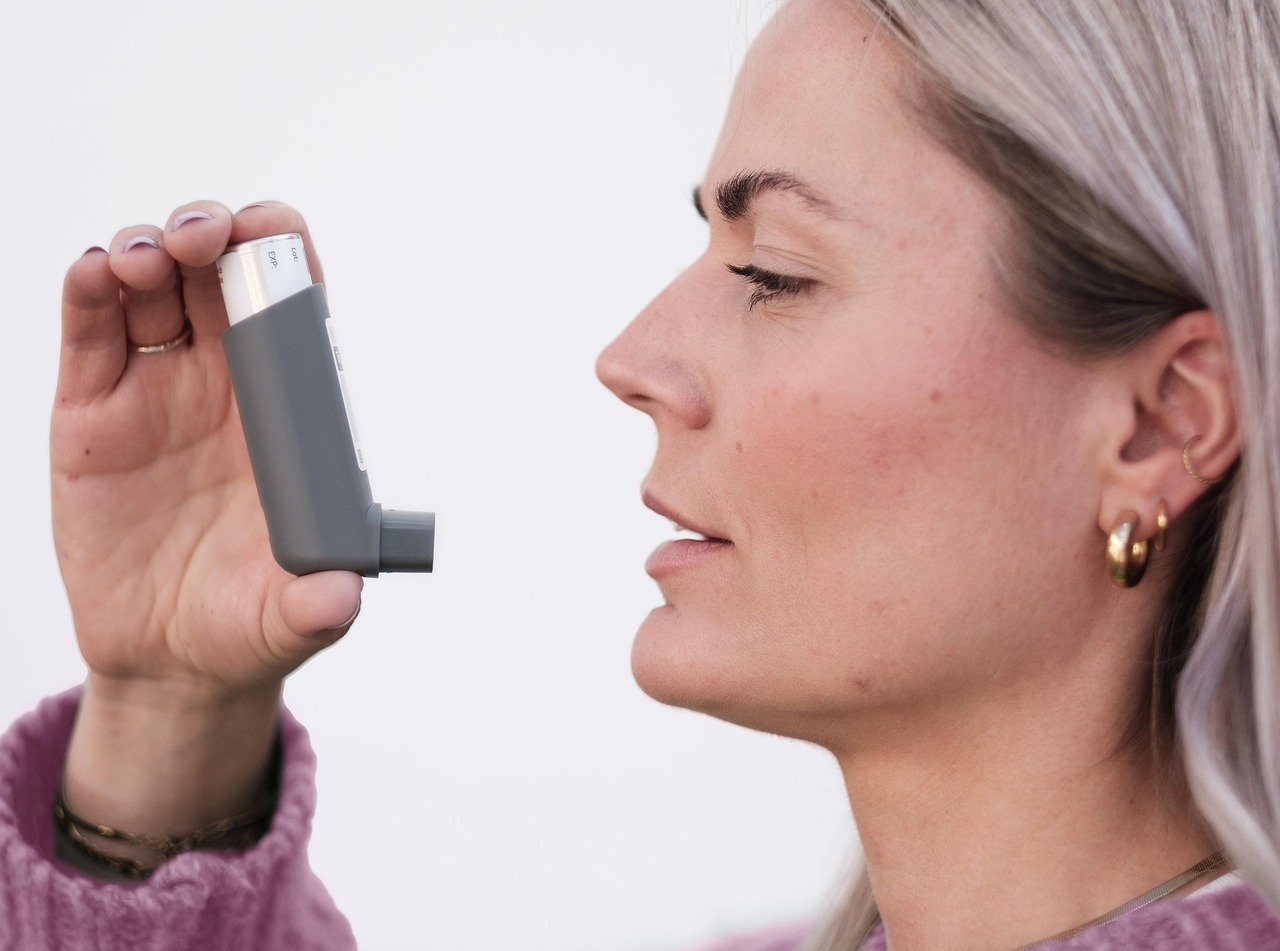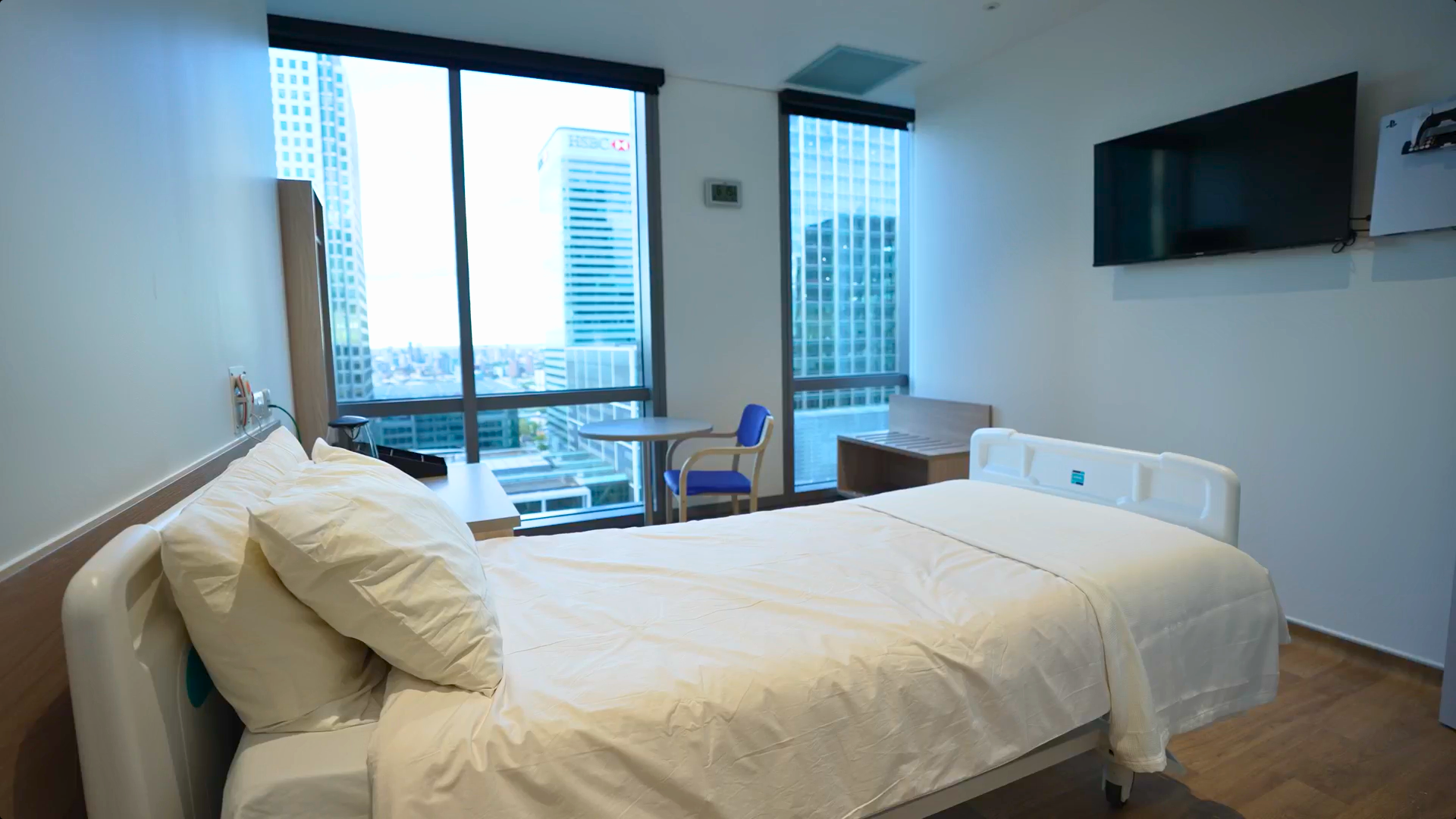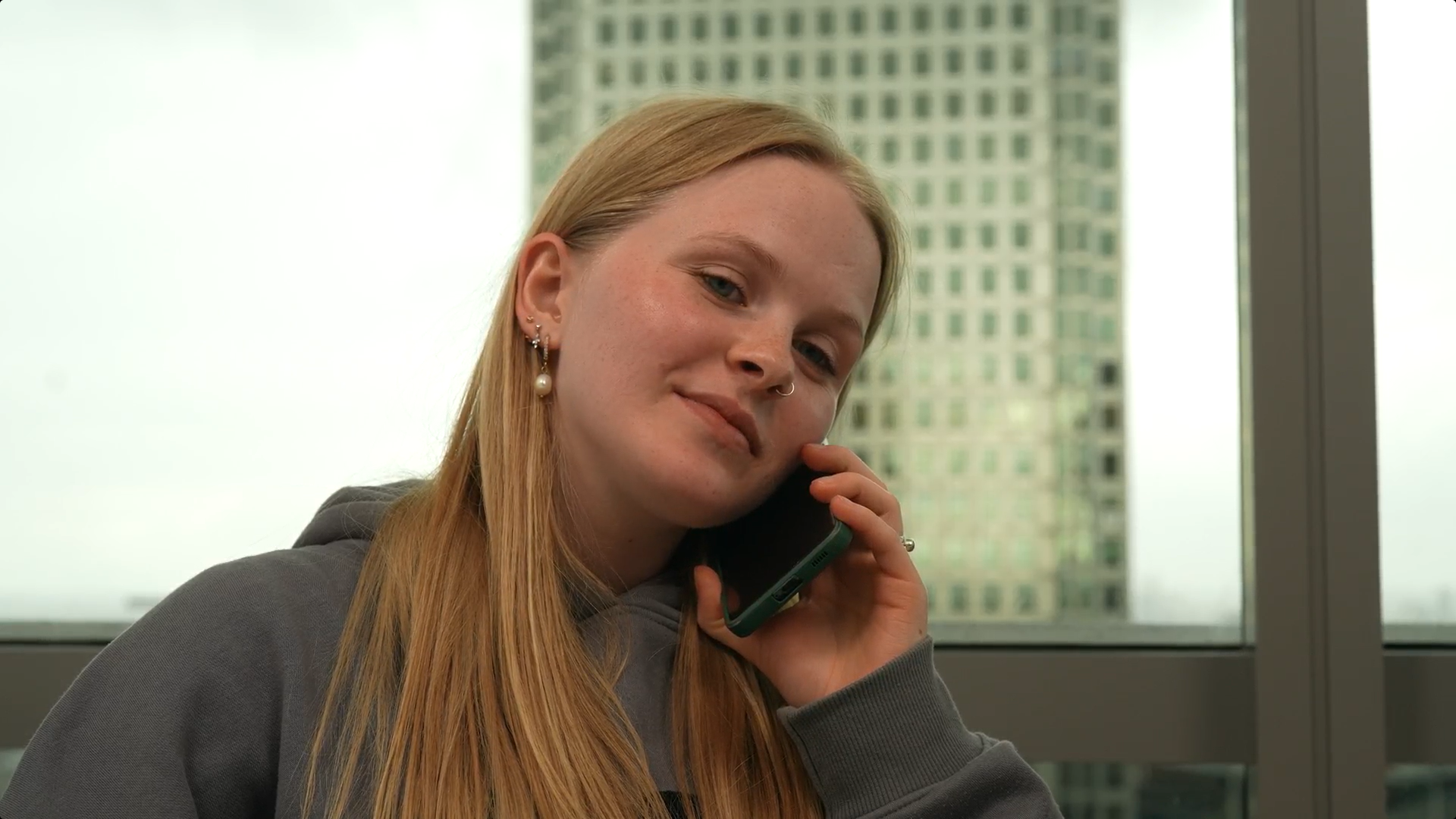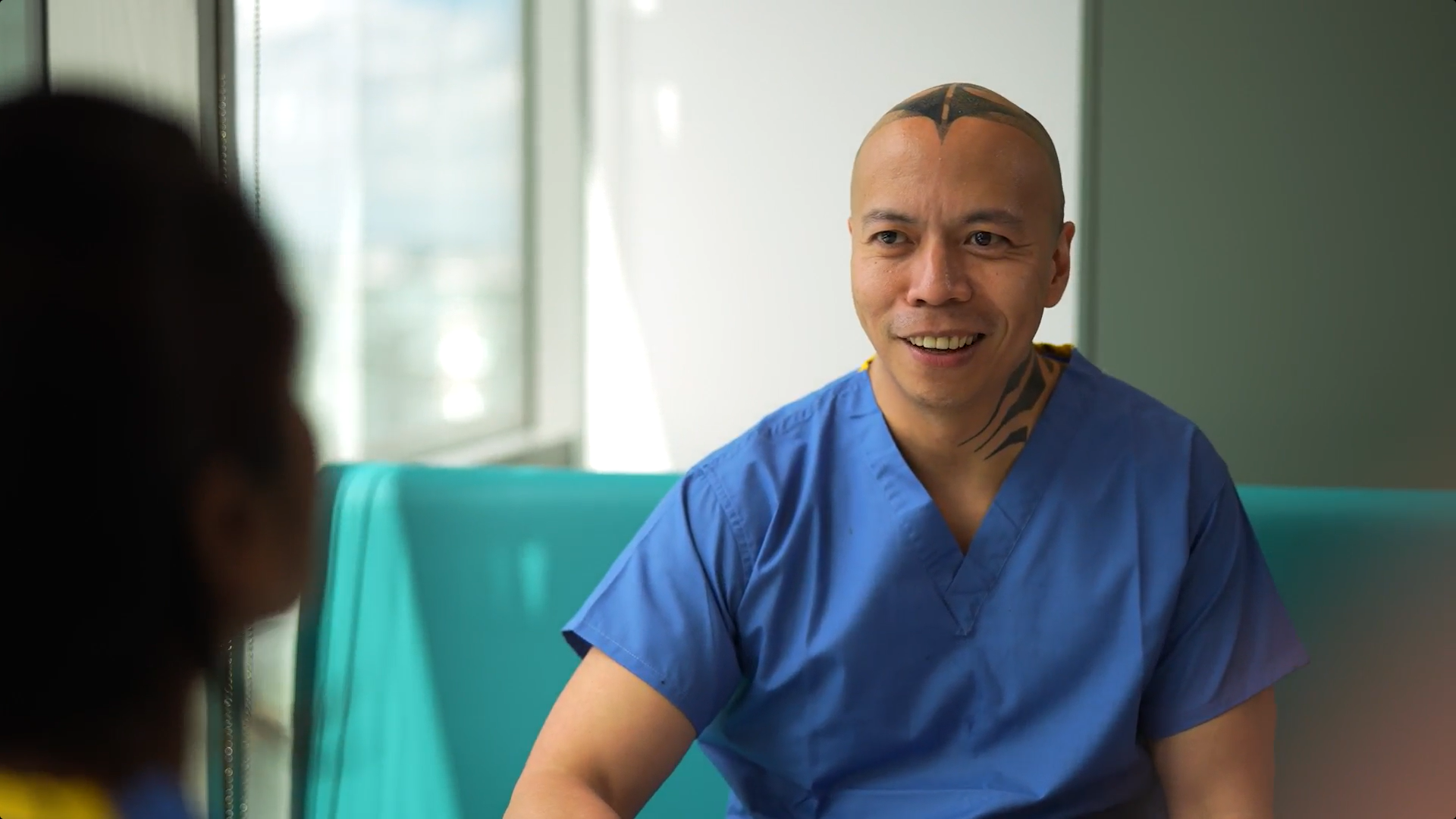Is it safe to volunteer for clinical trials?
The safety of a clinical trial is something that’s often questioned. Even though healthy volunteers make up some of the first people who will be testing the substance that’s being studied, it’s important to understand that there’s a very strict review process that goes into everything.
This means that it’s considered safe for healthy people to volunteer in a clinical trial. Even though the goal is to get a better idea of the safety related to the substance that the trial studies, the researchers have already gone through several steps to ensure that it won’t be dangerous for people who decide to participate. There are also many requirements and regulations from agencies and boards that researchers must follow that ensure they are as safe as possible.
It’s true that you could experience some side effects when you undergo the trial. However, if there are any side effects, they’re usually quite mild. Informed consent and patient empowerment are important elements of clinical trials. This means that you will be explained thoroughly what is involved throughout the trial and you can withdraw at any time.
When looking at reviews for FluCamp, most people don’t even get flu symptoms during these trials.
Mike T says: “I just completed a 2 week quarantine. Quite pleased with how it went – I was lucky enough not to get symptoms, the food was great, and the staff were helpful.”
This is just one example of the many reviews that people have left about their experience at FluCamp.
Do you get paid to volunteer for clinical trials?
There are many benefits to participating in a clinical trial as a healthy volunteer. You get to help the medical industry improve, and you have an opportunity to play a part in ensuring that more effective treatments are made available to patients.
There’s another major benefit that comes with the time you give up to participate in a clinical trial. This is the compensation that companies offer when you’re willing to participate in these trials.
FluCamp offers compensation when you decide to be part of clinical trials. You also get several other monetary benefits, such as the ability to get a travel allowance. Residential programmes also give you a private room, food and an en-suite bathroom. A dedicated team of professionals is always on hand, which also ensures that you can get help whenever you need it.
This is due to the fact that FluCamp offers paid clinical trials for healthy volunteers.
What next?
Healthy volunteers are important for clinical trials. They help to ensure the safety of a drug before it’s tested on people with a specific disease or condition. As a healthy volunteer, you’ll be safe and even get access to compensation for the time you dedicate to the trial. If you want to learn more about FluCamp’s clinical trials, get in touch and a friendly staff member will get back to you. Those interested in participating as a healthy volunteer can also easily apply directly on FluCamp’s website.
